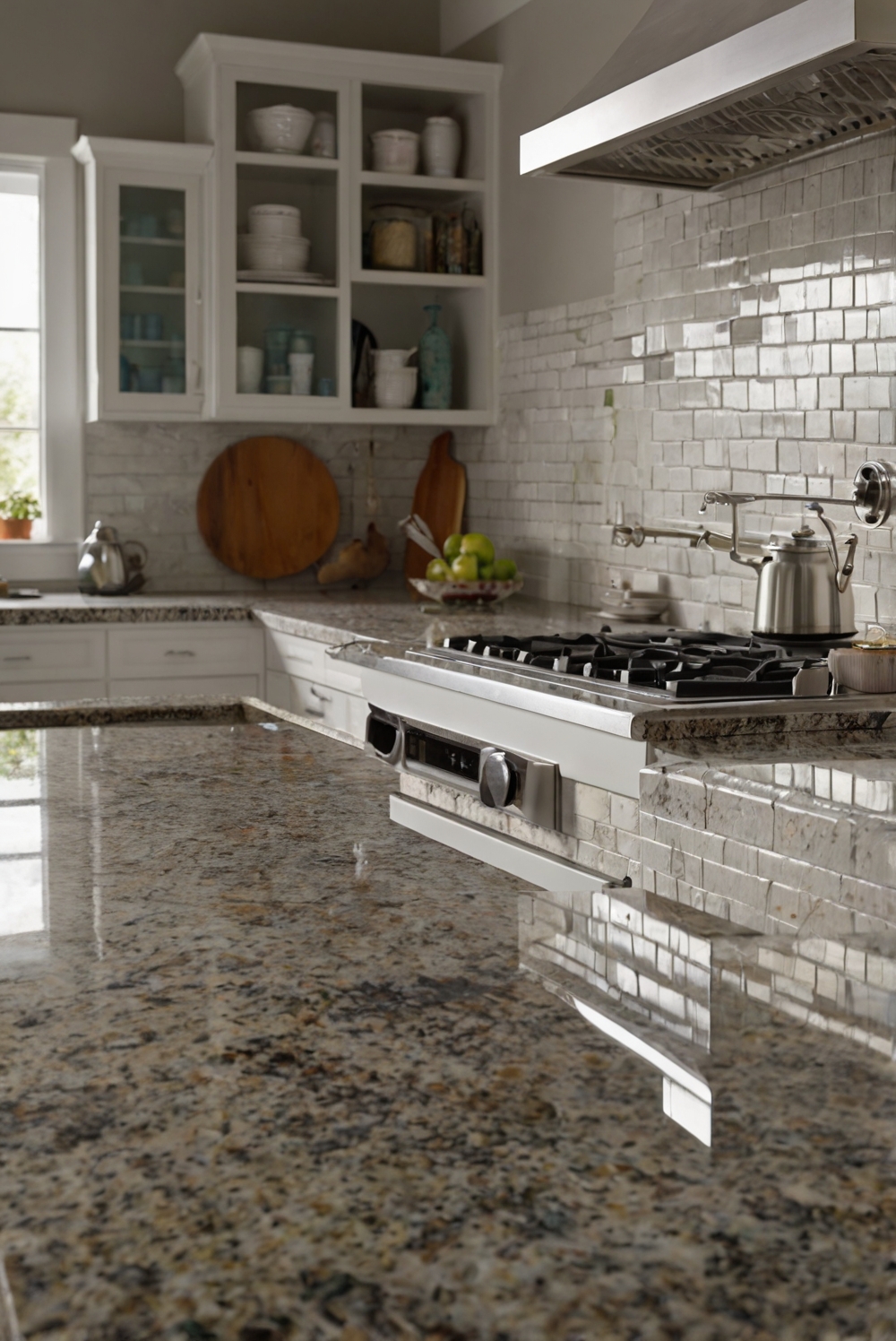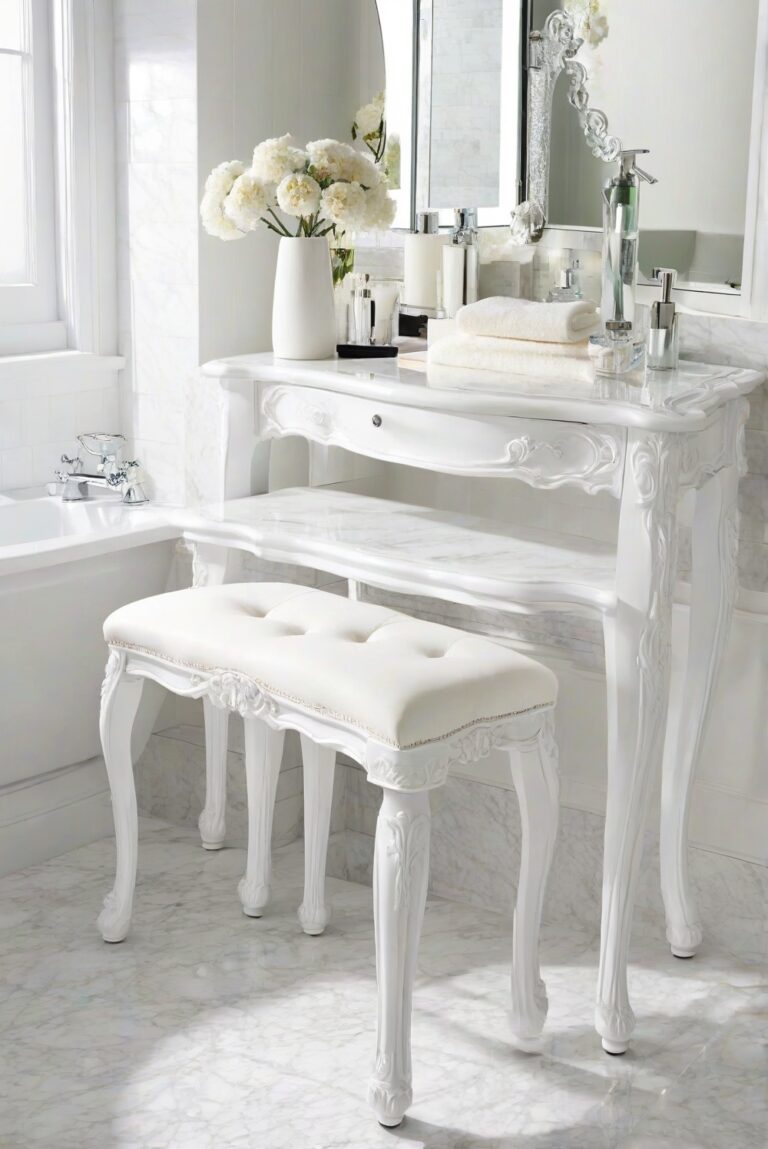Discovering the material of your countertop is easier than you think! Learn how to identify the type of material used in your kitchen in this daily interior designer routine.
How Can You Identify the Material of Your Countertop?
As part of my home decor routine, I always start by examining the color, texture, and patterns of my countertop to determine the material. For example, marble has distinctive veining patterns, while granite is known for its speckled appearance. I also perform a simple scratch test using a sharp object; a scratch on quartz can indicate it’s not natural stone. Additionally, I check for the level of maintenance required, as natural stones like marble may need sealing, unlike quartz. Being organized with this process helps in selecting the right cleaning products and avoiding damage to the countertop.
What are the important factors to consider when identifying the material of your countertop?
When trying to identify the material of your countertop, there are several important factors to consider. The first factor is the appearance of the countertop. Look at the color, texture, and pattern of the surface to get clues about the material. Some materials, such as granite, have unique patterns and colors that are easy to recognize. Additionally, consider the weight of the countertop. Materials like granite and concrete are heavy, while laminate and quartz are lighter.
What are the key differences between common countertop materials?
Understanding the key differences between common countertop materials can help you identify the material of your countertop. Granite is a natural stone that is known for its durability and unique patterns. Quartz is a man-made material that is non-porous and resistant to stains. Marble is another natural stone that is elegant but requires more maintenance. Laminate is a budget-friendly option that comes in a variety of colors and patterns. Concrete countertops are a trendy choice that can be customized with different finishes.
Why is it important to know the material of your countertop?
It is important to know the material of your countertop for several reasons. First, knowing the material can help you determine the best cleaning and maintenance practices to keep your countertop looking its best. Different materials require different care routines, so identifying the material is crucial. Additionally, knowing the material can help you make informed decisions about repairs or replacements. If you know what material your countertop is made of, you can easily find matching materials for any necessary repairs.
What are some common methods for identifying the material of your countertop?
There are several common methods for identifying the material of your countertop. One method is to check any documentation or labels that came with the countertop. Manufacturers often provide information about the material used in the countertop. Another method is to perform a simple scratch or acid test. Different materials react differently to these tests, which can help you determine the material. Additionally, consulting a professional countertop installer or designer can provide valuable insight into the material of your countertop.
How can you use online resources to identify the material of your countertop?
Online resources can be a valuable tool in identifying the material of your countertop. Websites and forums dedicated to home improvement and interior design often have detailed information about different countertop materials. You can also use search engines to look up images of different countertop materials and compare them to your own countertop. Additionally, there are online tools and apps that can help you identify materials based on photos or descriptions. By utilizing these resources, you can quickly and easily determine the material of your countertop.







